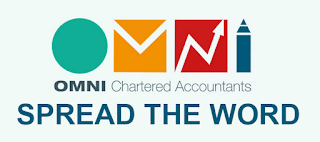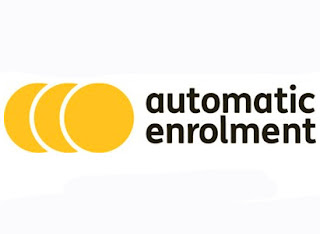Here are two startling statistics of start-up businesses:
·
One in four businesses don’t make it through the
first year
·
More than half don’t survive past the fifth year
of trading
There can many reasons for this, but one of the main reasons
for this is down to cashflow – without it, a business simply cannot stay
afloat. Below are some of the most common cashflow problems and some advice on preventing
them from occurring in the first place.
Keeping accurate company records
Lots of new business owners put off bookkeeping duties as
they are so busy with the huge workload that can be involved with setting up a
new company.
The longer the books are neglected, the worse the problems
will get; records and forecasts are pivotal to you knowing what is happening in
your business.
It’s also important to ensure that you keep a proper record
of what customers have and haven’t paid you to avoid significant sums of money
that may owed to you getting overlooked. An effective accounting system is
vital to manage your cashflow.
If you don’t have the time to do this yourself, an
accountancy practice or bookkeeper will be able to do this for you.
How to manage company debts
Slow payers or bad debt is money that is owed but not paid.
This can be crippling for any new company but is usually
preventable if a proper credit control system is put into place early on. If
you discover that a customer has a poor credit record but you still want to
take them on as a client, ask them for an upfront deposit or issue partial
invoices so they can pay as portions of the work are completed. In other words,
understand your customers and manage the risk.
A customer at any cost?
Calculate very carefully if want to offer credit terms - does
your business model support it? If it doesn’t work early on don’t do it; you
can always introduce credit terms as and when the business can afford it.
If you are currently in this situation then re-negotiate
terms with your customers and/or suppliers or consider factoring the debt.
No cashflow forecast
A cashflow forecast is vital for any new business and is
something that a qualified accountant can put together for you. This will allow
you to forecast the months you can expect to see a cash deficit and the months when
you may experience a surplus.
It will allow you to plan ahead as well, as give you a
pretty good idea of how much cash your business is going to need over the next
12 months in order to survive. It is a good idea to keep the forecast on a
rolling 12 month basis.
Free of charge accounting advice from Chartered Accountants
Omni Chartered Accountants offer totally free of charge
advice for any business – new or otherwise – that may be experiencing
difficulties. We are also here if you or would like to find out more about our
cost-effective solutions that are designed to help your company run smoothly.
Call us now on 01902 837 408 or request a free of charge
call back from our website today!




















